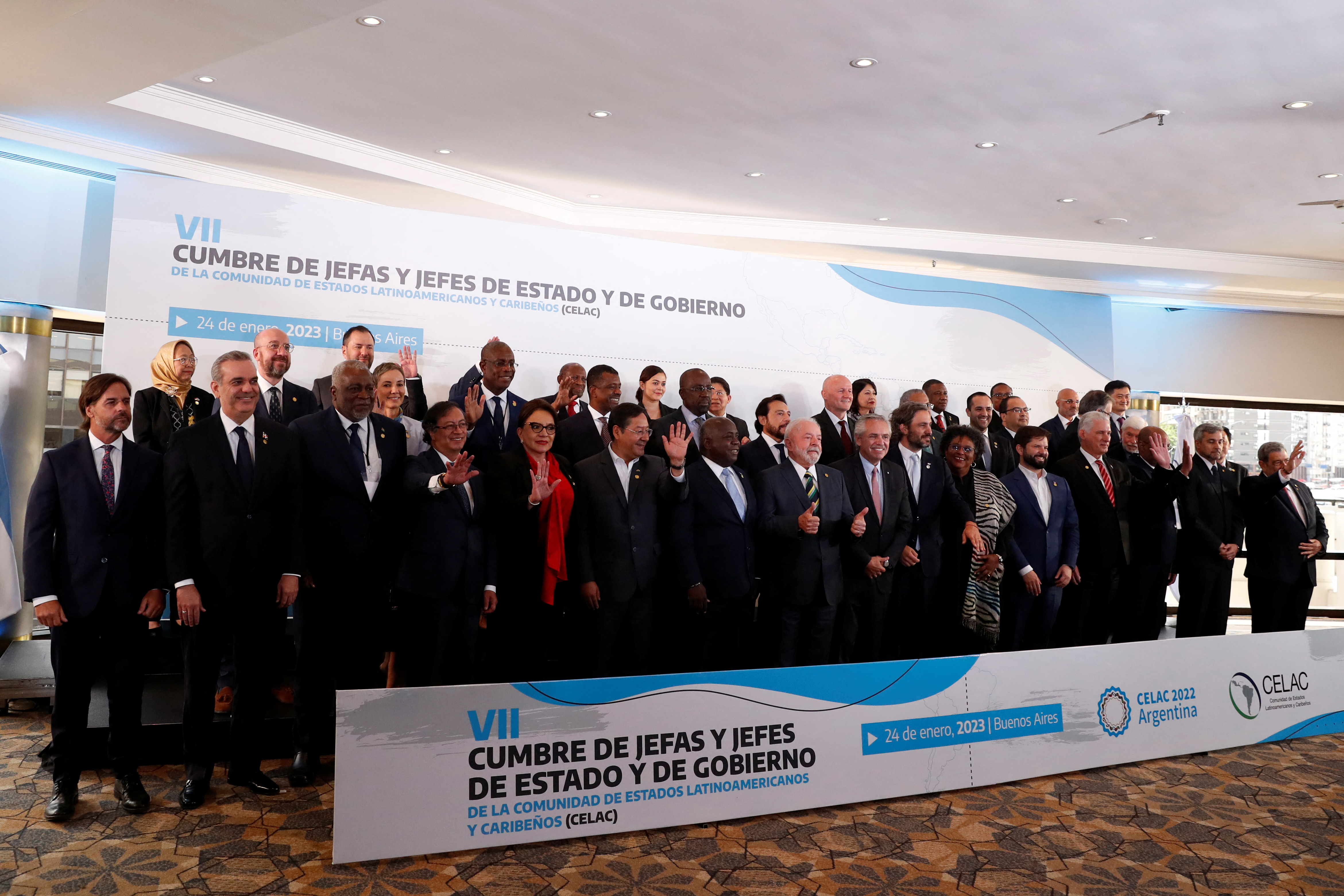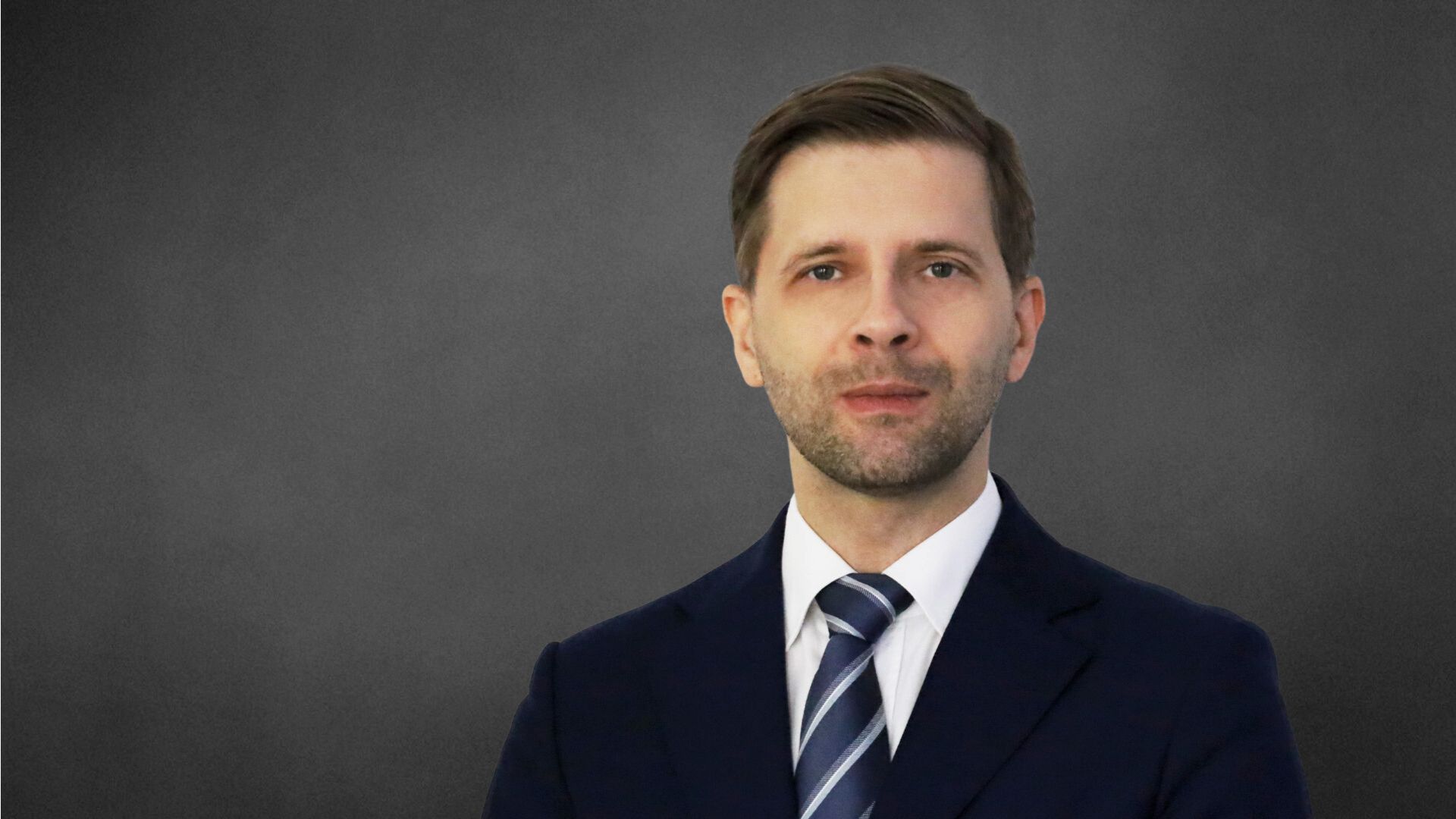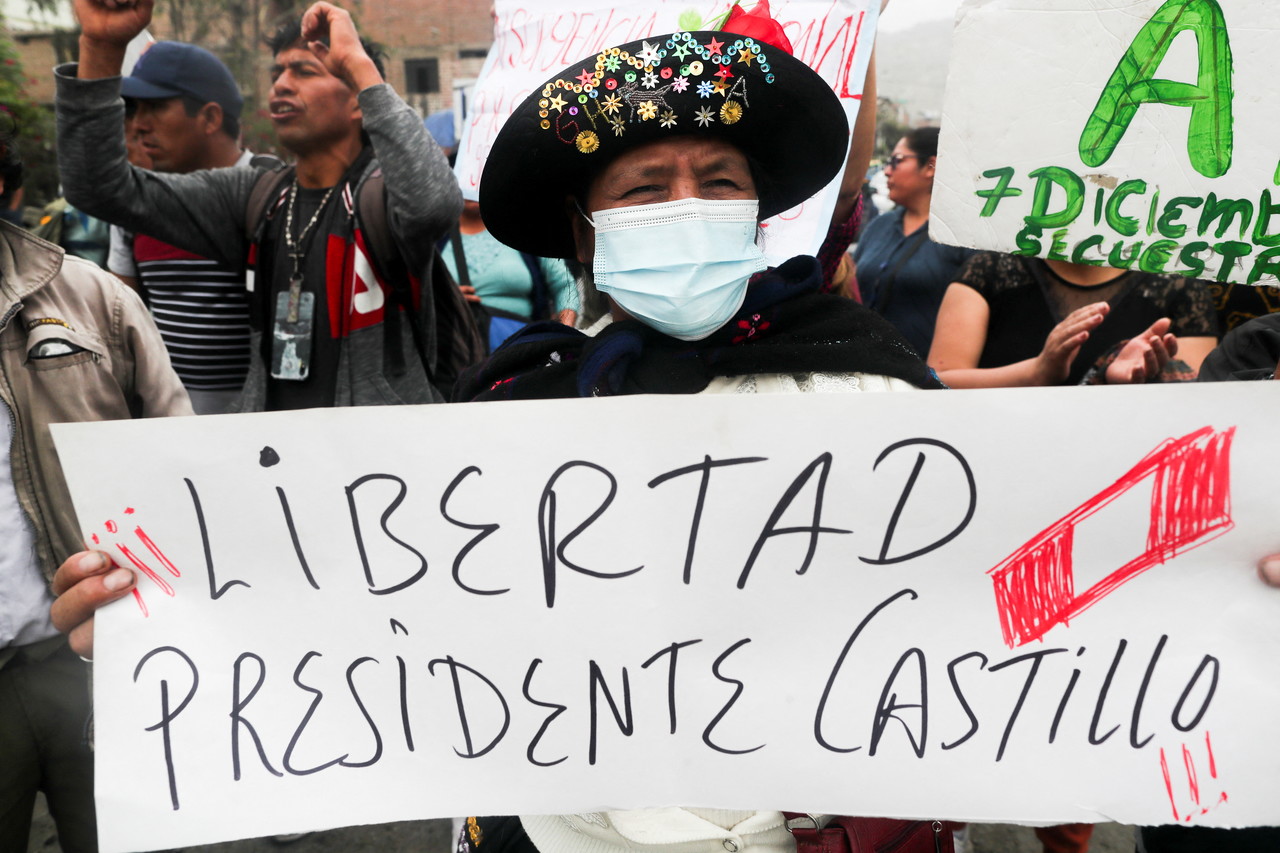7th CELAC Summit in Buenos Aires a Step Towards More Intensive Regional Cooperation
The 7th Summit of the Community of Latin American and Caribbean States (CELAC), held on 24 January in Buenos Aires, may help in restoring the importance of the initiative as the main mechanism for political dialogue in the region and with its extra-regional partners. The meeting’s final declarations included a broad set of goals, for example, on the issue of regional integration, but ideological divisions in CELAC may hamper these plans. A stronger CELAC is important for the EU because of the ongoing revival of bi-regional relations.
 AGUSTIN MARCARIAN / Reuters / Forum
AGUSTIN MARCARIAN / Reuters / Forum
What was happening in the lead-up to the summit?
The authorities of 33 Latin American and Caribbean (ALC) countries established CELAC in 2011 as an intergovernmental forum for political dialogue. The initiators—primarily the late Venezuelan President Hugo Chávez—saw the mechanism as an alternative to the Organisation of American States (OAS) because it would exclude the U.S. and Canada from ALC discussions and include Cuba, which is outside the OAS. Nevertheless, CELAC and similar regional initiatives have experienced difficulties, mainly because of the divergent positions of the ALC countries on the erosion of the democratic order in Venezuela. After 2017, no annual CELAC summits took place for a few years. Moreover, in 2020, President Jair Bolsonaro’s government suspended Brazil’s membership, citing unease with the presence of leftist authoritarian Cuban and Venezuelan regimes in the bloc. The subsequent victories of left-wing leaders in various ALC countries (e.g., Mexico, Colombia, and Chile) in recent years increased expectations that regional cooperation would be revived. Mexico tried to take advantage of this context by hosting the 6th CELAC summit in 2021 during its rotating presidency of the bloc. Nevertheless, conditions to strengthen the forum improved with the return of Brazil after Luiz Inácio Lula da Silva, who took over as its president on 1 January 2023. Lula’s decision to return his country to CELAC and his participation in the 7th summit during Argentina’s pro-tempore presidency provided the impulse to intensify regional cooperation in the ALC.
What were the primary objectives of the summit?
Reinforcing CELAC’s importance as the main mechanism of regional and extra-regional dialogue was the host-state authorities’ key goal during the Buenos Aires’ summit. Argentina invited the heads of state or government from across the region, including the three leaders of the regimes in Cuba, Nicaragua, and Venezuela. Nearly half of the members of the forum were represented by their top leaders. Argentina also invited the leaders of China, Xi Jinping, and the U.S., Joe Biden, to ensure a high profile meeting. The former shared a recorded message, while the latter was represented by a delegation headed by Chris Dodds, the presidential adviser for the Americas. Argentina also defined a wide range of topics to be debated, organised around five areas: post-pandemic socio-economic recovery; science, technology and innovation; environmental and climate protection; culture and education; and, the empowerment of women.
What were the main results?
The 28-page final declaration, adopted unanimously, is the main outcome of the CELAC summit. It consists of more than 100 points, which include aspirations and a comprehensive catalogue of cooperation issues in the ALC and with partners outside the region. The participants also adopted 11 special declarations, which basically elaborate on some of the issues contained in the main document. All refer to such topics as the aspiration to advance regional integration and the need for the ability to develop common positions in multilateral forums, as well as cooperation in such areas as public health, climate policy, the digital transformation, and improvement of the situation of various social groups (women, indigenous peoples, and people of African descent). In the documents, the participants stressed the status of the ALC as an area of peace, free of nuclear weapons, that rejects the use of force and adheres to democracy. However, there is a clear discrepancy between the texts and public statements of some leaders. For example, Argentine President Alberto Fernández and other leaders warned about the threat to democracy in the ALC, but they understood it as the activity of the radical right, not authoritarianism and human rights violations by leftist regimes in the ALC. In other issues, the participants agreed to pass the rotating presidency of CELAC for the first time to a Caribbean country, Saint Vincent and the Grenadines, represented by Prime Minister Ralph Gonsalves.
What is the international significance of the summit?
The summit will help to strengthen CELAC’s status as the main forum for dialogue between the entire ALC and its partners, especially as there is no equivalent mechanism in the region. The main extra-regional partners singled out in the final documents are the EU, China, India, the African Union, and ASEAN. Nevertheless, CELAC will not be the primary instrument for solving the problems affecting the region, as the ALC states rather seek that function in sub-regional organisations. For example, Lula intends to reactivate the Union of South American States (Unasur), from which Bolsonaro’s government withdrew Brazil in 2019, and to strengthen political cooperation in Mercosur. The clear impact of ideological preferences on the assessment of processes taking place in individual countries (e.g., the political crisis in Peru) and divergent understandings of such concepts as democracy may also undermine CELAC’s attractiveness. This problem is seen in the bloc’s principle to not exclude any state, regardless of the form of government. Inviting leaders of regimes carelessly, while staying silent on the fact they maintain power through repression of their political opponents and ordinary citizens, helps to legitimise and consolidate authoritarian power and to encourage anti-democratic practices in other countries of the region.
How will the summit affect the EU’s relations with the ALC?
The EU has high expectations for the reactivation of CELAC, proved by the presence of the president of the European Council, Charles Michel, at the summit. A stronger CELAC is important for the EU in the context of several years of efforts to revive relations with the ALC. An ambitious roadmap announced last October at the EU-CELAC ministerial meeting in the Argentine capital is the main reference to that. The plan includes a number of activities, but the main event will be a bi-regional summit in Brussels, the first such meeting since 2015. The final documents of the CELAC summit offer an important indication for the EU on the scope and hierarchy of topics of interest to the ALC countries. The issue of inviting representatives of Latin American regimes will be one of the challenges for the EU. The Union will tout the success of the summit and revival of the bi-regional partnership so it can compete more effectively for the interest of the ALC versus other actors such as China, ahead of the 4th China-CELAC forum in 2024.



